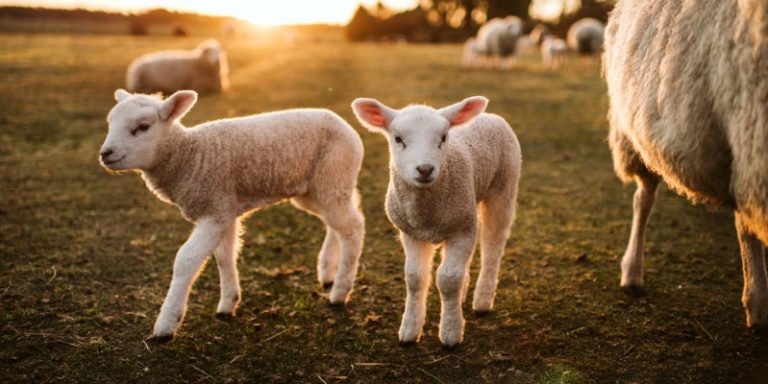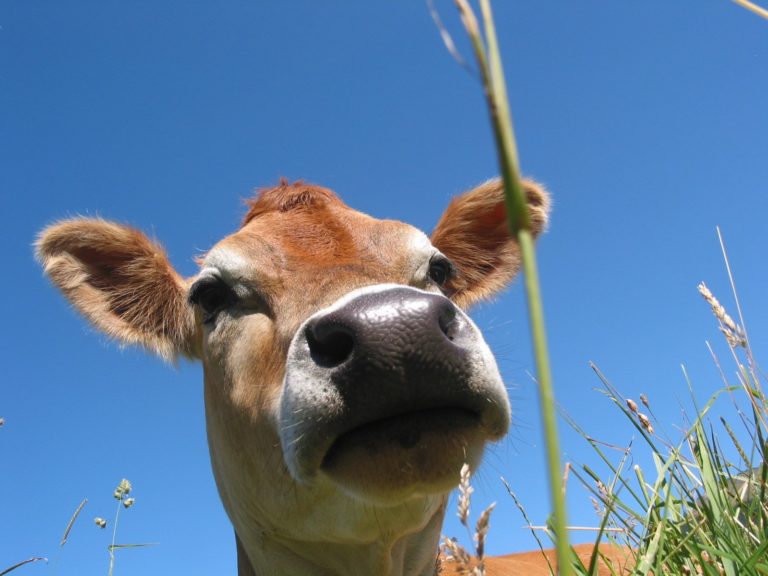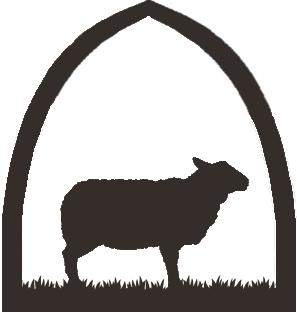Our Farm
During your stay, you'll be at the heart of our working farm. From your decked area, you'll be able to watch lambs dancing around the fields at dusk, a multitude of wildlife and experience life on a hill farm.For over 60 years, Millbeck has been our family farm. Brothers, John and Geoffrey currently care for over 800 sheep, 120 beef cows, 8 sheepdogs & 20 hens.Find out below what will be happening on the farm during your stay.

January/February
The start of the year brings hope and excitement, as just like human mothers when they are carrying a baby, ewes have a scan to check the progress at the end of January. The ewes will be brought down from the hills and housed inside our lambing barn or the lowlands ready for lambing.

March/April
These are the peak lambing months. Ewes receive 24 hours a day attention and give us many sleepless nights!
Once the ewes and lambs have bonded for a few days inside, we take them into the fields next to your pod. You might seem them in little waterproof macs to keep them dry on wet days.

May/June
Lambs weigh roughly 2.5kg when they are born and grow incredibly quickly (around 300g a day when drinking lots of milk from their mothers now grazing in the fields around your pod).
At the start of June the ewes and lambs will be moved onto the hills for summer, allowing the fields to grow into wildlife-rich meadows ready for haymaking and silage. You'll also see cows and calves enjoying the freedom of the open fields around the farm.

July/August
Hopefully, the weather is dry and warm, on the farm we'll be cutting the grass to make hay and silage to feed to the livestock over the coming winter. We'll also be giving the woolly sheep a trim, removing their fleece so they don't overheat.

September/October
Its show season, the finest livestock will be taken to be shown at agricultural shows. A couple of greats shows to visits are The Great Yorkshire Show and The Westmorland Show. On the farm, cows will be calving and ewes will be taking a break from their lambs.

November/December
Rams are put out with the ewes for breeding. Rams are sometimes called ‘tups’, and mating is often referred to as ‘tupping’. An experienced ram will be put out with anything from 50 to 100 ewes. Cows will be brought inside from the fields to winter in the warmth of the cow shed.
